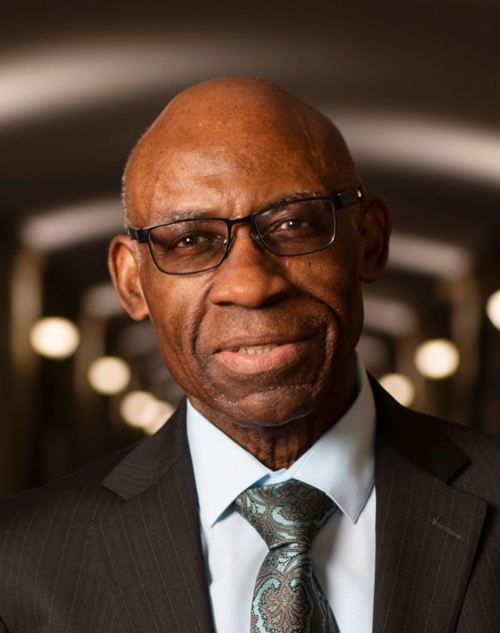
Joe William Trotter Jr.
Director and Founder, CAUSE
Bio
Joe William Trotter, Jr. is Giant Eagle Professor of History and Social Justice and past History Department Chair at Carnegie Mellon University in Pittsburgh, Pennsylvania. He is also the Director and Founder of Carnegie Mellon’s Center for Africanamerican Urban Studies and the Economy (CAUSE). Professor Trotter received his BA degree from Carthage College in Kenosha, Wisconsin and his M.A. and Ph.D. degrees from the University of Minnesota.

Arlie Chipps IV
CAUSE Program Coordinator , History
5000 Forbes Avenue
Pittsburgh, PA 15213
Bio

Daniel Holland
CAUSE Postdoctoral Fellow, History
5000 Forbes Avenue
Pittsburgh, PA 15213
Bio
Dan Holland received his BA degree in Carnegie Mellon University’s Policy and History program and his Master of Arts degree from CMU’s Heinz College. In 2019, Dr. Holland earned his PhD in history from the University of Pittsburgh, where he completed an innovative transnational dissertation on deindustrialization in the modern world. In 2024, Routledge Studies in Modern History published a revised and enlarged version of this study, titled Communities of Resistance and Resilience in the Post-Industrial City: A Transnational Perspective from Lyon and Pittsburgh,1980-2010. Dan’s recent professional positions include market research analyst for Frost Bank in San Antonio, Texas; adjunct professor of history at Duquesne University; and Director of Research and Policy for the Lower Marshall-Shadeland Development initiative on Pittsburgh’s North Side. Dan is also Founder and Past CEO of the Young Preservationists Association of Pittsburgh. He was the primary researcher for the first PHMC-sponsored survey of African American historical resources, which culminated in the book, African American Historic Site Survey of Allegheny County, 1760-1960 (1994). As a CAUSE Postdoctoral Fellow, Dan will reinforce the Center’s current plans to stage followup public history events related to the completion of the recent A. W. Mellon-funded project, “Crafting Democratic Futures: Situating Colleges and Universities in Community-based Reparations Solutions.”